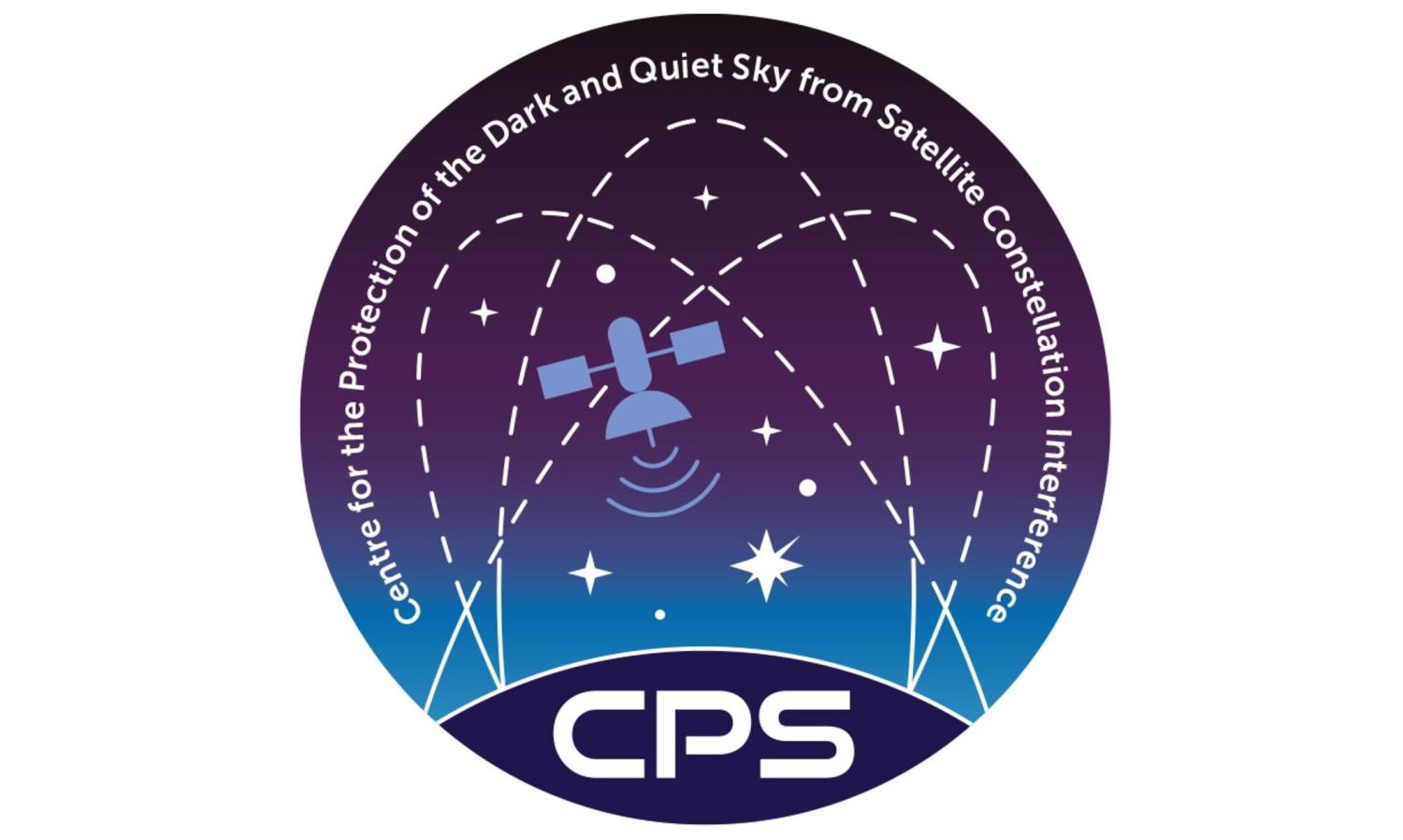New Centre Safeguarding Astronomy From Satellite Constellation Interference Launches
The International Astronomical Union (IAU)’s newest specialist centre starts operating today. Called the Centre for the Protection of the Dark and Quiet Sky from Satellite Constellation Interference (CPS), it is co-hosted by NSF’s NOIRLab and the SKA Observatory (SKAO).
Risk of satellite interference has grown dramatically
The CPS aims to mitigate the negative impact of satellite constellations on professional ground-based optical and radio astronomy observations as well as humanity’s appreciation of the night sky. The SKAO will focus on radio interference while optical interference will fall under NOIRLab.
Although ground-based observations have been impacted by satellite interference before, the risk has grown dramatically with the launch of large numbers of satellites in low Earth orbit to provide broadband services. Since such satellite constellations impact observations across borders, solutions must be found at the international level.
The Centre builds on the work carried out by the two host institutions and the astronomy community in general, recognising the various interests of different observatories according to wavelength, existing regulations, and expected impact.
‘Good momentum in the astronomical community’
The mission of the CPS is to coordinate efforts and unify voices across the global astronomical community with regard to the protection of the dark and quiet sky from satellite constellation interference. As such, the Centre aims to become the leading voice for astronomical matters that relate to this specific topic and to act as a hub of information and resources to which any stakeholder group, including the constellation satellite industry, will be able to contribute and from which they can draw in support of their own activities.
“We are proud to officially launch the IAU CPS, building on months and years of work on this subject by many of us at the SKAO and NOIRLab and within the community,” said centre co-director Federico Di Vruno, who is also the SKAO’s spectrum manager. “There is good momentum in the astronomical community and industry to find ways to mitigate interference and the response from policymakers is also positive, as demonstrated recently at the United Nations Committee on Peaceful Uses of Outer Space. We now need to transform all the goodwill into implementable actions.”
“The opening of the CPS website to the public is an important step towards the full operation of the centre,” said Director Piero Benvenuti. “It provides a synthetic description of the activities of its four “Hubs” which will be very useful for the prospective Contributing and Affiliated Members of the CPS in choosing how and in which areas they can contribute. We invite any interested party to fill in and submit the application form. Those received by 15 July 2022 will be considered for the first round of selection. The CPS is looking forward to a very fruitful collaboration with all of you!”
Visit the IAU CPS website at cps.iau.org.





